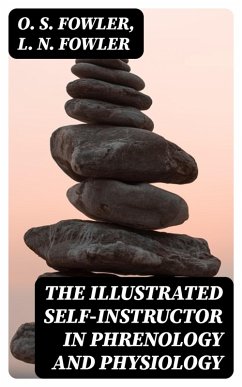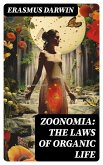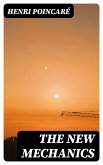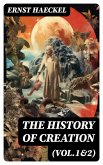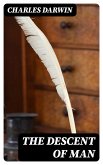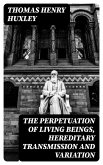The Illustrated Self-Instructor in Phrenology and Physiology offers a fascinating glimpse into the 19th-century exploration of human nature and the burgeoning study of mind and body interrelations. With its thorough examination of phrenology and physiology, the collection serves both as an instructional guide and a philosophical inquiry. The volume covers a vast array of topics concerning human temperaments, intellectual faculties, and moral inclinations, showcasing a remarkable range of literary styles from didactic treatises to illustrative diagrams. While each piece contributes uniquely to the overall theme, the anthology's impact lies in its ability to harmonize these diverse approaches into a coherent narrative of self-understanding. O. S. Fowler and L. N. Fowler, both eminent figures in the fields of phrenology and physiology, draw upon their extensive knowledge to curate a collection that is as informative as it is enlightening. Active participants in the 19th-century intellectual movement, the Fowlers' backgrounds underscore the anthology's alignment with contemporary scientific and philosophical discourses. The contributors collectively echo the period's fascination with unlocking human potential through understanding mental and physical faculties, thus enriching discussions around identity, personality, and potential. For modern readers, this anthology offers a unique foray into historical perspectives, showcasing the transformative power of interdisciplinary inquiry. The collection invites readers to engage with complex theories that transcend mere academic interest, fostering a greater appreciation for the nuanced dialogue between the works. Whether for educational enrichment or personal exploration, The Illustrated Self-Instructor in Phrenology and Physiology stands as a definitive resource, illuminating significant shifts in understanding that still resonate today.
Dieser Download kann aus rechtlichen Gründen nur mit Rechnungsadresse in A, B, BG, CY, CZ, D, DK, EW, E, FIN, F, GR, H, IRL, I, LT, L, LR, M, NL, PL, P, R, S, SLO, SK ausgeliefert werden.

